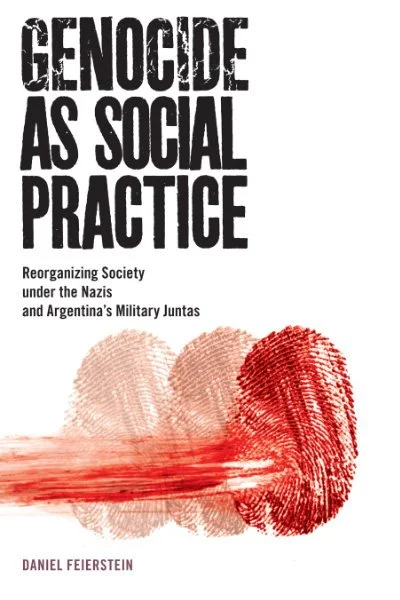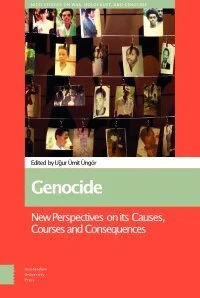Edited by Nikki Marczak and Kirril Shields
Despite the catch-cry bandied about after the Holocaust, "Never Again", genocides continue to destroy cultures and communities around the globe. In this collection of essays, Australian scholars discuss the crime of genocide, examining regimes and episodes that stretch across time and geography. Included are discussions on Australia’s own history of genocide against its Indigenous peoples, mass killing and human rights abuses in Indonesia and North Korea, and new insights into some of the core twentieth century genocides, such as the Holocaust and the Armenian Genocide. Scholars grapple with ongoing questions of memory and justice, governmental responsibility, the role of the medical professions, gendered experiences, artistic representation, and best practice in genocide education. Importantly, genocide prevention and the role of the global community is also explored within this collection. This volume of Genocide Perspectives is dedicated to Professor Colin Tatz AO, an inspirational figure in the field of human rights, and one of the forefathers of genocide studies in Australia. Kirril Shields is a member of the Australian Institute for Holocaust and Genocide Studies. He teaches at The University of Queensland and The University of Southern Queensland. Kirril is an Auschwitz Jewish Center Fellow, and a Fellow of the Institute on the Holocaust and Jewish Civilisation, Royal Holloway. Nikki Marczak is a member of the Australian Institute for Holocaust and Genocide Studies and the Armenian Genocide Museum-Institute’s 2016 Lemkin Scholar. Her research focuses on Armenian women’s experiences and the current Yazidi Genocide by ISIS.
Sydney: UTS ePRESS, University of Technology Sydney, 2017. 24p.











